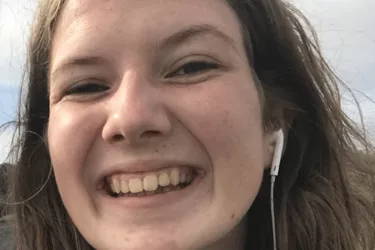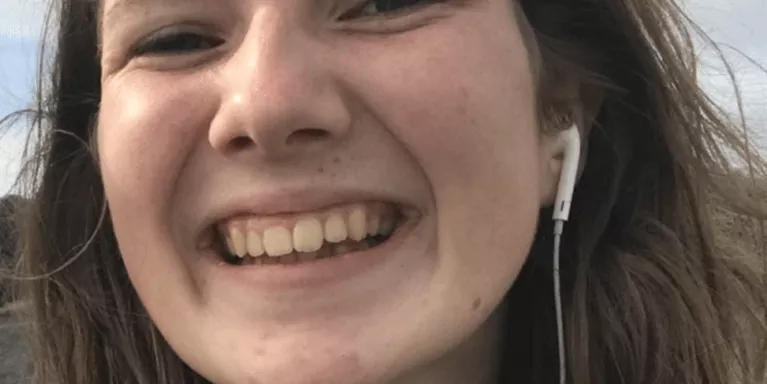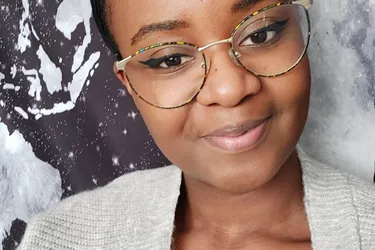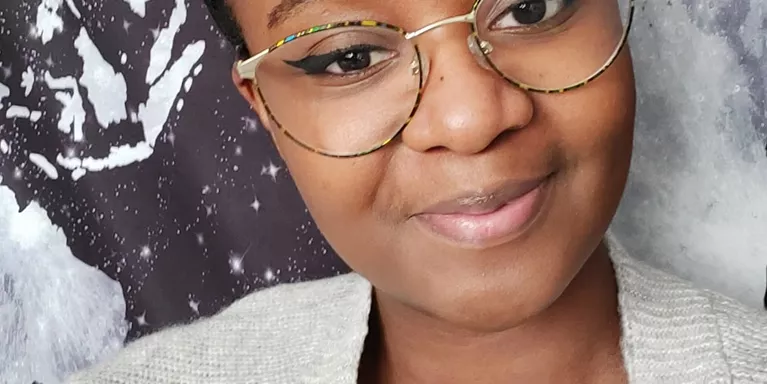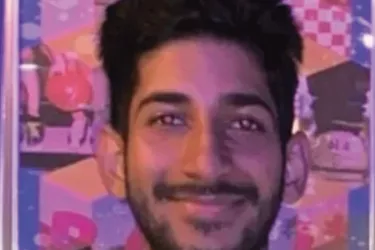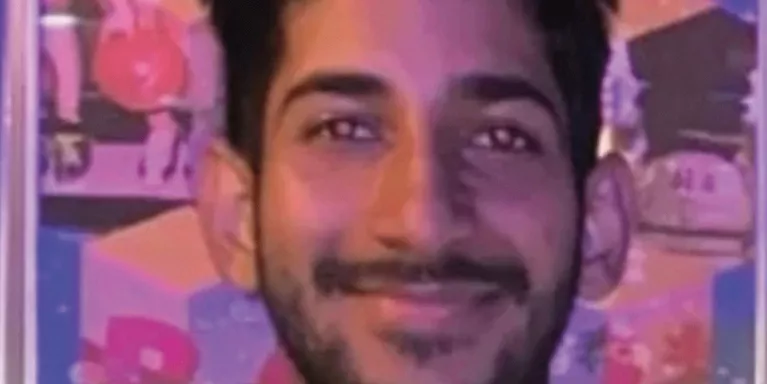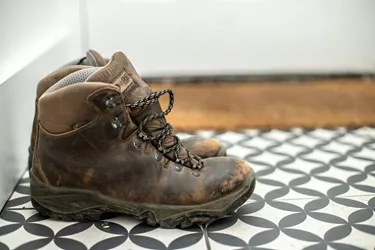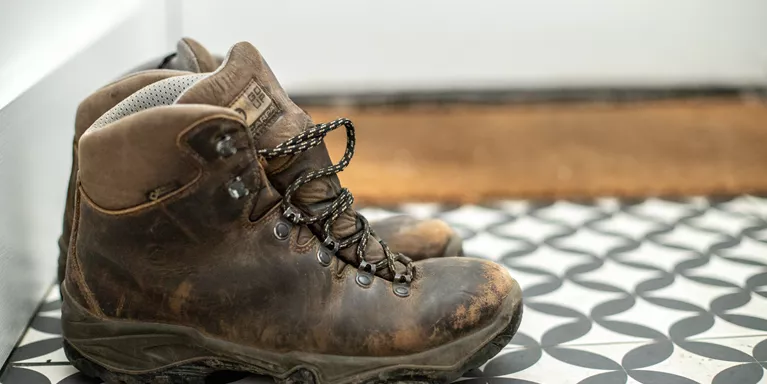Hubs would help people like me
Zoe blogs that early-support mental health hubs would provide children and young people with the support she was denied at school
Every child has the right to an education, right? Yet children up and down the country are having that right removed, just because they have a mental health problem.
"My school tried to make me go to the school counsellor. However, this was in no way tailored to the treatment I needed."
My mental health problems started when I was 14 and got diagnosed with post-traumatic stress disorder (PTSD), after a large amount of family bereavement. It was so confusing as a young person receiving a diagnosis that I had before only associated with war veterans. When I was diagnosed, I was told to not bother signing up for treatment through Child and Adolescent Mental Health Services (CAMHS) as I would be on a waiting list for 18 months to receive a limited number of sessions. Up until that point, school had been a sanctuary for me, and I expected this to continue. But I was wrong.
At first my school tried to make me go to the school counsellor. However, this was in no way tailored to the treatment I needed and meant that I missed lessons for the counselling. Kids talk, and you always felt the eyes of others on you when you missed a lesson but were back for the next one. I was also worried about the confidentiality of the sessions and eventually stopped going.
Discriminated against
On top of this, my school started to discriminate against me because of my mental health. Teachers would give me detentions for negative behaviour, but despite the school being fully aware of my trauma they never stopped to ask why I might have been behaving badly. This then escalated to receiving detentions in some lessons regardless of how well I behaved – I was once issued a lunchtime detention for not doing enough work in a lesson I’d fainted in, which had resulted in a trip to A&E.
As children we were never taught about mental health and what it is like to struggle with a mental health problem. This lack of understanding helps to increase the amount of stigma children and young people with mental health problems receive from their peers and teachers alike.
Some people who were previously friends refused to sit in the same classroom as me at break and lunch. One classmate’s parents wrote a letter to my school stating that I was a ‘danger and distraction’ to their child which resulted in my school wanting me to carry out all my lessons in a separate room with a few other children, learning purely out of text books and revision guides, without any teachers present.
"Teachers shouted at me during a panic attack and refused to let me take my prescribed medication."
The lack of training teachers became more evident when I was diagnosed with anxiety just after I turned 16. Some teachers were fantastic at helping me through GCSEs but there were also teachers who shouted at me to ‘breathe’ during a panic attack and refused to let me take prescribed medication.
Despite all that had happened, my school didn’t see mental health as an issue. The pastoral team told me there was nothing they could do for me. I felt so much pressure from comparisons between myself and other children, with teachers worrying solely about grades, especially as I was starting to miss school due to my mental health. Being told that other kids can get top grades so you should be able to as well makes you feel like such a failure yet this continues for kids across the country.
I was also later diagnosed with depression. Despite several attempts, I was never able to get treatment through the NHS due to the long waiting lists. This is why I believe Fund the Hubs, a campaign run by a number of mental health charities including Mind is so important. Calling on the UK Government to fund a network of early-support hubs for young people aged 11-25 with mental health problems across England.
A place to feel safe
Hubs would have been so beneficial in regards to both short and long-term solutions. In the short term, a hub would have given me a place to feel safe and supported talking to a qualified counsellor outside of the school environment. It would have stopped my mental health getting bad so quickly and provided an immediate source of relief without judgment from my school, peers or my GP as I wouldn’t have needed a referral. It would have been an environment in which I was made to be comfortable instead of the uncomfortable feeling of school. As an early intervention, it could have stopped my mental health problems escalating as they did.
In the long term, hubs would have allowed me to get the specialist treatment I have required for trauma work etc. through the NHS. It means that more children and young people will be able to get early intervention support and less will need the specialist treatment of CAMHS, making waiting lists a lot shorter for people like me who really need it.
Fund the Hubs could make such a difference to so many kids going through what I went through. This is why we need to fight for the UK Government to fund these hubs that could prove a lifesaver for so many children and young people.


Information and support
When you’re living with a mental health problem, or supporting someone who is, having access to the right information - about a condition, treatment options, or practical issues - is vital. Visit our information pages to find out more.
Share your story with others
Blogs and stories can show that people with mental health problems are cared about, understood and listened to. We can use it to challenge the status quo and change attitudes.










